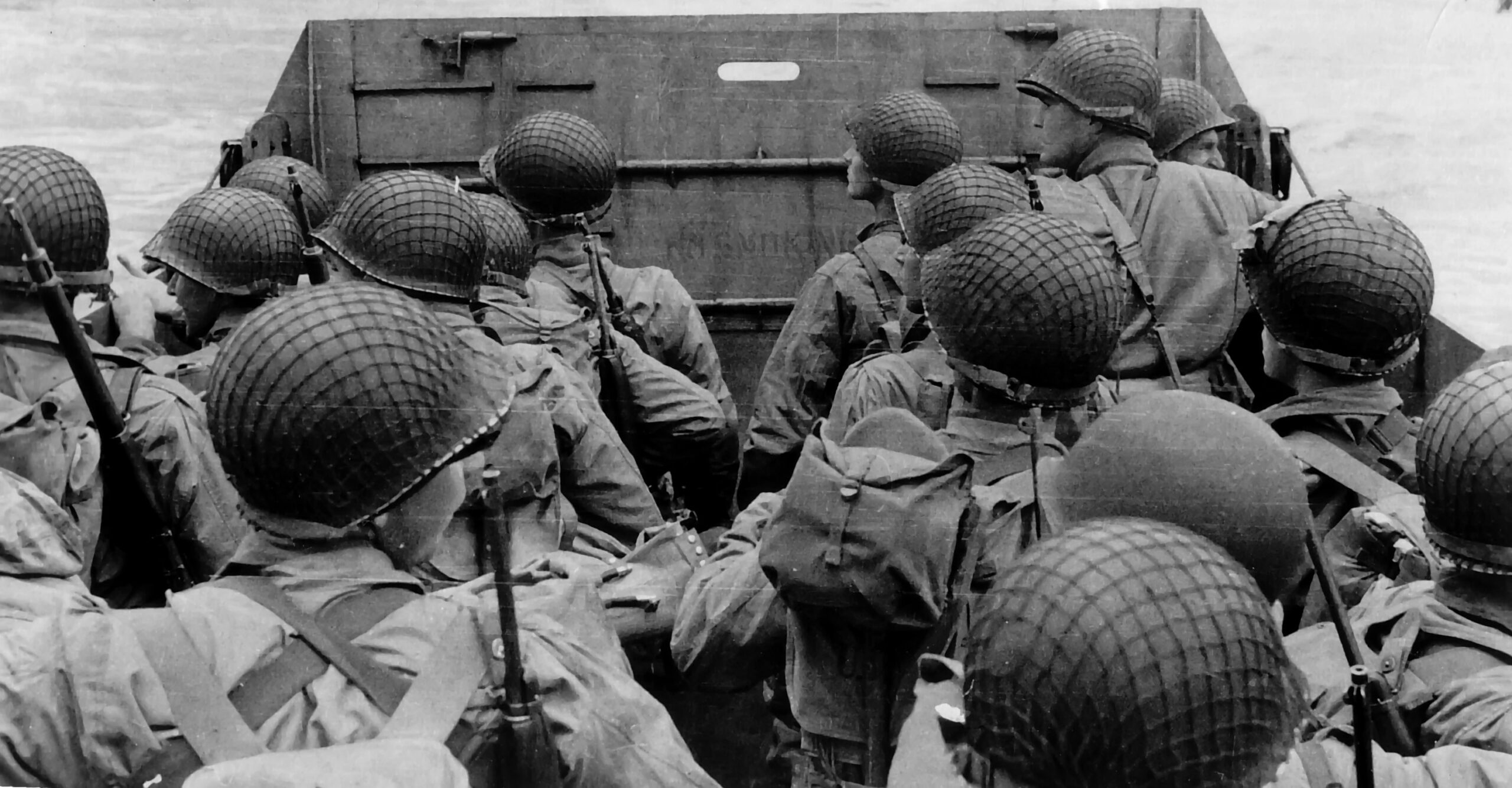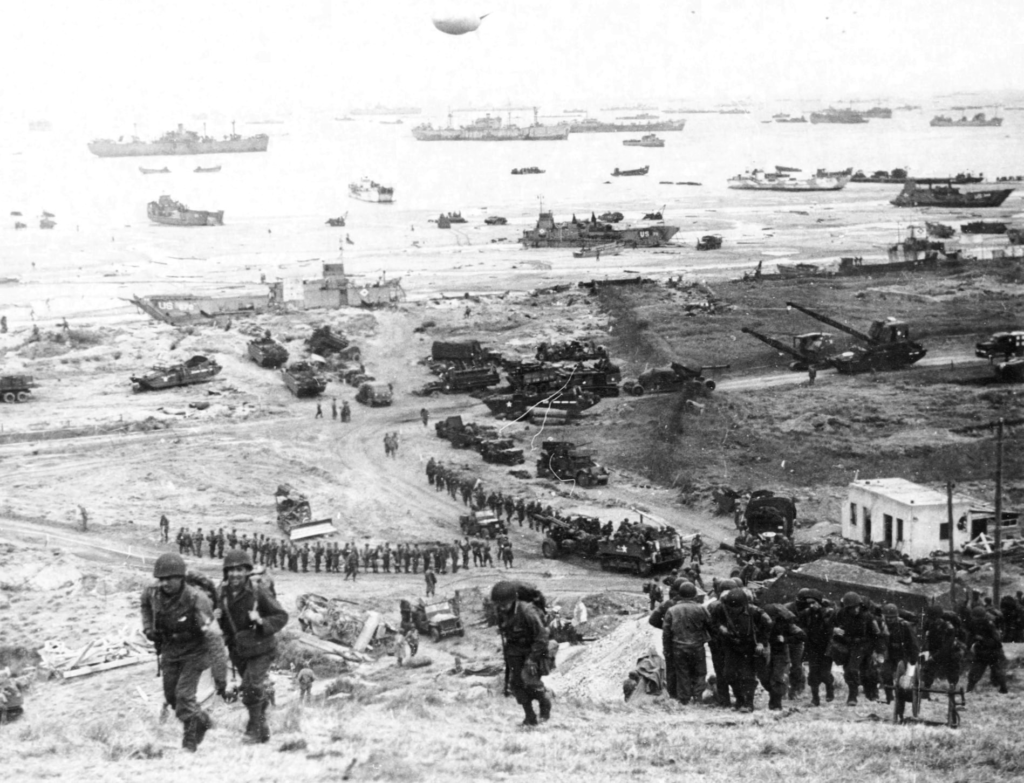
Overview: WWII
The War at Home & Abroad

World War II killed more people, cost more money, and destroyed more property than any other war in history. It ended Depression-era unemployment, and initiated sweeping changes in the lives of women and minorities.It also resulted in the dawn of the atomic age.
The war began on September 1, 1939, World War II started when Germany invaded Poland. By November 1942, Germany and its allies controlled territory from Norway to North Africa and from France to the Soviet Union.
The United States entered the war following a surprise attack by Japan on the U.S. Pacific fleet in Hawaii.U.S. forces would fight on multiple fronts: In North Africa, Europe, Asia, and the Pacific.
After defeating German forces in North Africa in May 1942, the United States and its Allies invaded Sicily in July 1943 and forced Italy to surrender in September. On D-Day, June 6, 1944, the Allies landed in Northern France. In December, a German counteroffensive (the Battle of the Bulge) failed. Germany surrendered in May 1945.
In the Pacific, the United States and its Allies halted Japanese expansion at the Battle of Midway in June 1942 and in other campaigns in the South Pacific. From 1943 to August 1945, the Allies hopped from island to island across the Central Pacific and also battled the Japanese in China, Burma, and India. Japan agreed to surrender on August 14, 1945 after the United States dropped the first atomic bombs on the Japanese cities of Hiroshima and Nagasaki.
Consequences:
- The war ended Depression unemployment and dramatically expanded government’s presence in American life. It led the federal government to create a War Production Board to oversee conversion to a wartime economy and the Office of Price Administration to set prices on many items and to supervise a rationing system.
- During the war, African Americans, women, and Mexican Americans founded new opportunities in industry. But Japanese Americans living on the Pacific coast were relocated from their homes and placed in internment camps.